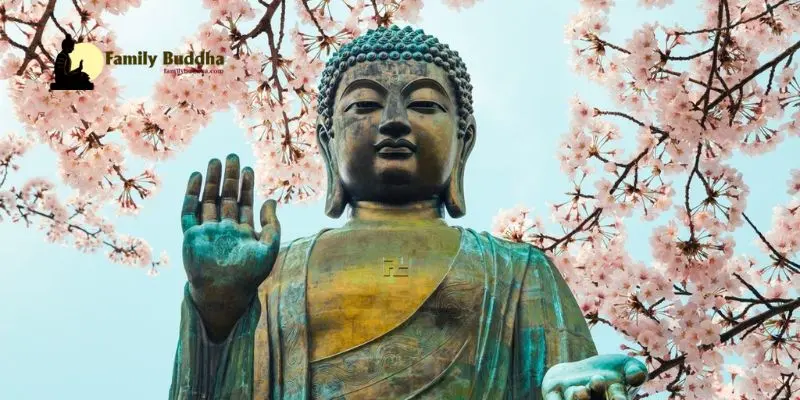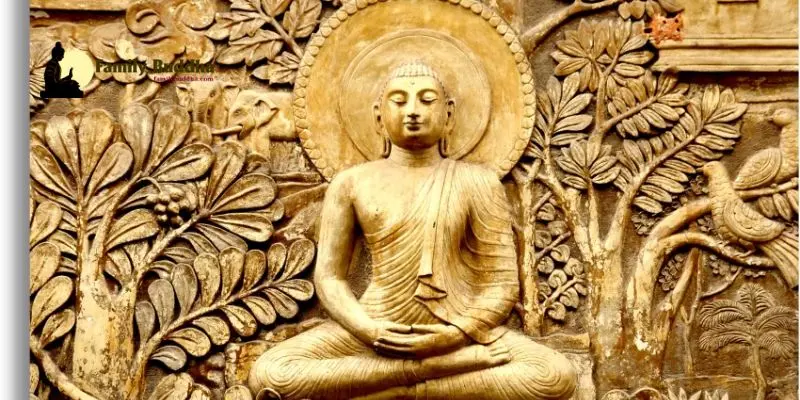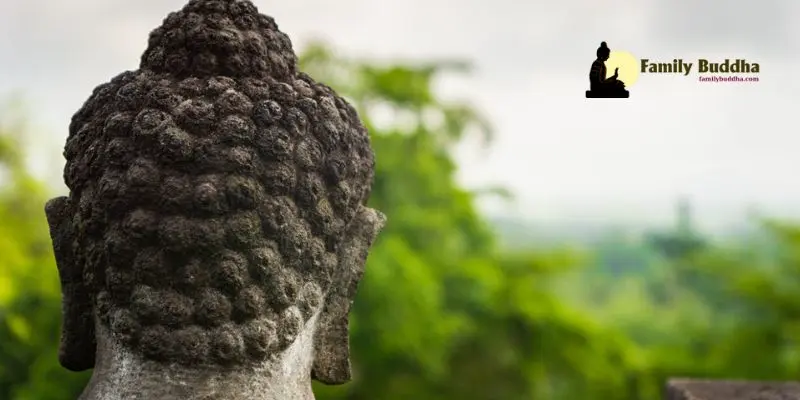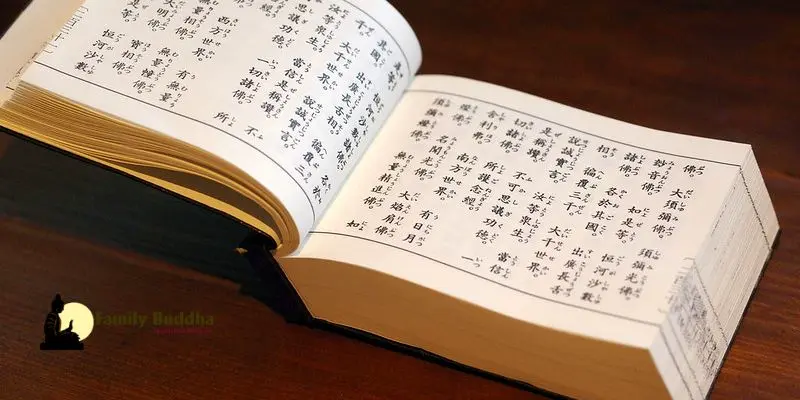Have you ever heard the Vietnamese proverb, “Sống ở đời, lấy nhân nghĩa làm đầu”? It translates to, “In life, prioritize kindness and righteousness.” This simple saying beautifully encapsulates the essence of the Ten Precepts Of Buddhism, a set of ethical guidelines for lay followers seeking a more peaceful and fulfilling life. These precepts, far from being restrictive rules, offer a path to cultivating mindfulness, compassion, and wisdom in our daily lives.
Understanding the Ten Precepts
The Ten Precepts, also known as the Ten Wholesome Actions (Dasakusala Karmapath) in Pali, are voluntary commitments that help us purify our minds and actions. They act as a compass, guiding us towards a more ethical and mindful way of living. But what exactly are these precepts, and how can they lead us towards a more fulfilling life?
Unpacking the Ten Precepts: A Path to Inner Peace
The Ten Precepts are traditionally divided into two groups: five precepts for all followers and five additional precepts for those seeking deeper spiritual development.
The Five Precepts: Foundations of a Moral Life
These five precepts are considered fundamental ethical guidelines for all Buddhists:
I undertake the training rule to abstain from taking life. This precept encourages us to cultivate compassion and respect for all living beings, recognizing the preciousness of life.
I undertake the training rule to abstain from taking what is not given. This precept emphasizes honesty and integrity, reminding us to respect the belongings of others.
I undertake the training rule to abstain from sexual misconduct. This precept encourages us to cultivate responsible and ethical behavior in our relationships, fostering respect and mindfulness.
I undertake the training rule to abstain from false speech. This precept guides us towards honesty and truthfulness in our words and actions, building trust and understanding.
I undertake the training rule to abstain from intoxicating drinks and drugs which lead to carelessness. This precept encourages mindfulness and self-awareness, helping us avoid behaviors that cloud our judgment and lead to harmful actions.
The Five Additional Precepts: Deepening Our Commitment
For those seeking a deeper spiritual practice, five additional precepts are often undertaken, particularly on special occasions or during retreats:
I undertake the training rule to abstain from eating at the forbidden time (after noon). This practice encourages mindfulness of our consumption habits and promotes self-control.
I undertake the training rule to abstain from dancing, singing, music, watching grotesque entertainment, wearing garlands, perfumes, and beautifying the body with cosmetics. This precept encourages detachment from sensory pleasures and cultivates inner peace.
I undertake the training rule to abstain from using high or luxurious beds and seats. This practice cultivates humility and contentment, reminding us that true happiness lies not in material possessions.
I undertake the training rule to abstain from accepting gold and silver (money). This precept encourages detachment from material wealth and promotes generosity.
I undertake the training rule to abstain from accepting uncooked grain. This practice, often observed by monks and nuns, symbolizes reliance on the generosity of others and detachment from material possessions.
Living the Ten Precepts: Frequently Asked Questions
The Ten Precepts often spark curiosity and questions about their practical application. Let’s explore some common queries:
Are the Ten Precepts absolute rules? The Ten Precepts are not rigid commandments but rather guidelines for ethical living. They are adopted voluntarily and approached with understanding and compassion.
What happens if I break a precept? Breaking a precept is not seen as a sin but as an opportunity for reflection and learning. It’s a chance to understand the motivations behind our actions and to cultivate greater mindfulness in the future.
How can I integrate the Ten Precepts into my daily life? Start by focusing on one or two precepts that resonate with you. Gradually incorporate more as you become more mindful of your thoughts and actions.









